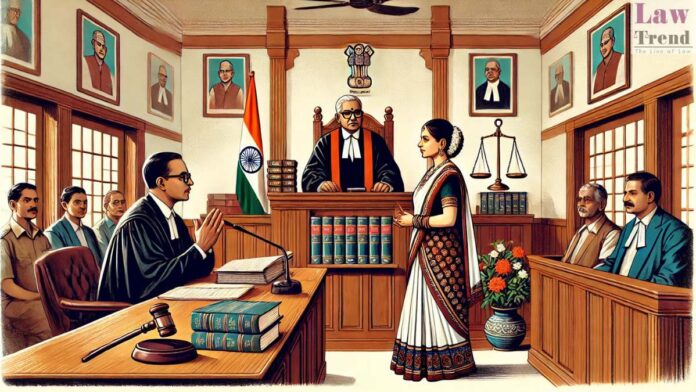The Jharkhand High Court, in a decision delivered by a Division Bench comprising Justice Sujit Narayan Prasad and Justice Rajesh Kumar, has affirmed that a widowed daughter-in-law is entitled to claim maintenance from her father-in-law and brother-in-law under Sections 19 and 22 of the Hindu Adoption and Maintenance Act, 1956 (HAMA), provided specific statutory conditions
To Read More Please Subscribe to VIP Membership for Unlimited Access to All the Articles, Download Available Copies of Judgments/Order, Acess to Central/State Bare Acts, Advertisement Free Content, Access to More than 4000 Legal Drafts( Readymade Editable Formats of Suits, Petitions, Writs, Legal Notices, Divorce Petitions, 138 Notices, Bail Applications etc.) in Hindi and English.




